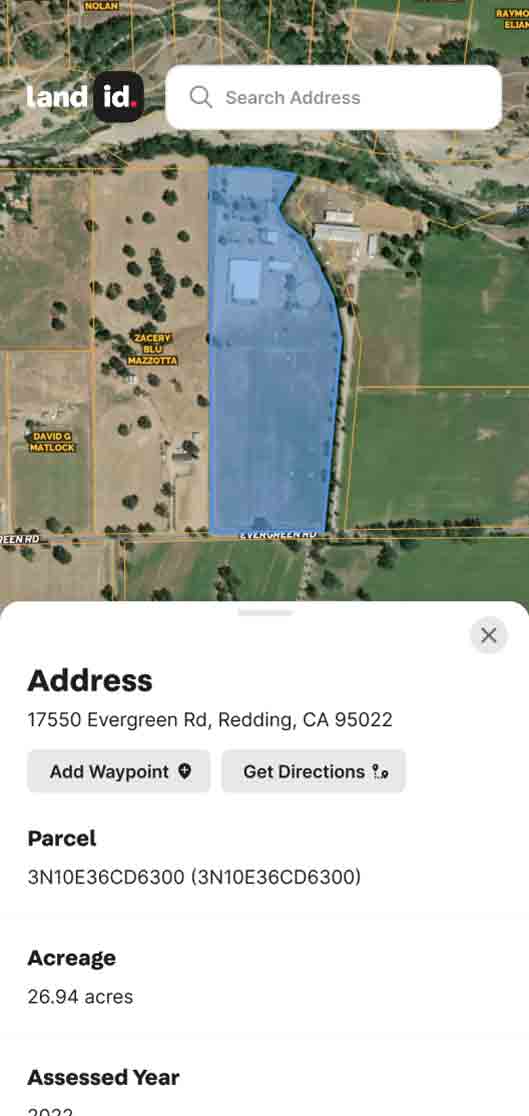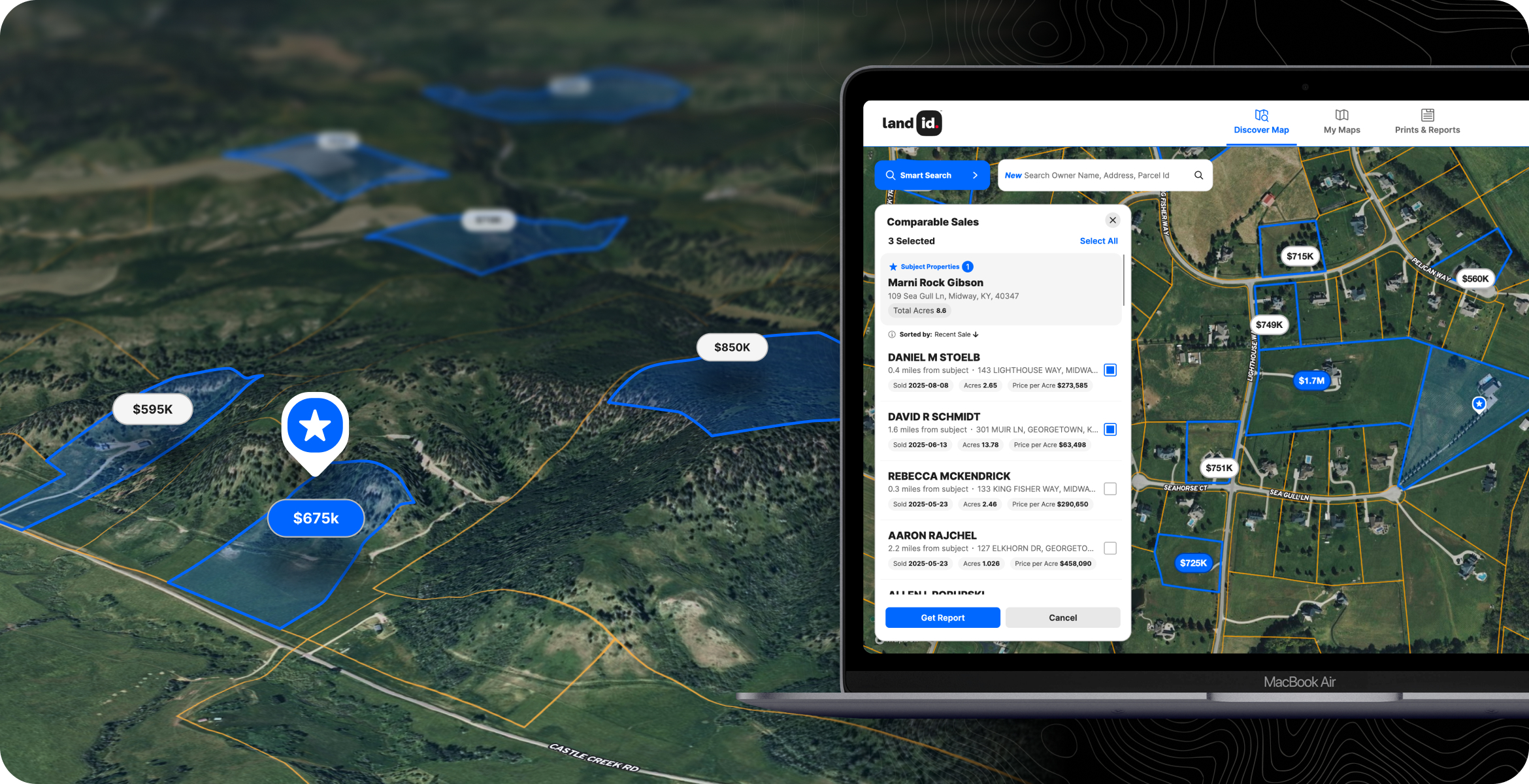Lenders require appraisals primarily for one reason: since the home will act as collateral for the mortgage, they want to make sure they aren’t giving the borrower more money than the house is worth. Similarly, you’ll be hard-pressed to find a buyer who’s willing to overpay for a home; if the sale is already in progress, a lower appraisal than expected could derail the entire process.
Whether you’re helping a client buy, sell, or refinance a home, there’s a great deal of research to do, and you’ll want to utilize the best real estate appraisal software available to prevent any unforeseen issues from arising… but first, we need to know what can impact a home’s value.
What Factors Impact The Value Of A Property?
Though an appraisal is an opinion, it’s an opinion based on data, research, and years of experience. There are nearly infinite factors that can affect the value of a property: smells, history, neighbors, landscaping - you name it. However, there are a few factors that always play a role in a home’s valuation.
Location
One of the most important contributors to a home’s appraisal value is its location. To start, centrality is huge. Living spaces are a scarce resource where land is limited, so houses in bustling cities and their surrounding neighborhoods tend to be valued more than those in rural areas. On a similar note, the neighborhood is often a deciding factor for homebuyers as well. A neighborhood with attractive landscaping, well-kept parks and amenities, and low crime rates can make a big difference in a home’s value. And of course, another important factor to consider is proximity to shops, restaurants, grocery stores, and transportation (bonus points if you can walk to them). However, if kids are (or will be) in the picture, high-quality schools are often the very top priority, so you’ll want to take local school districts into account as well.
The Real Estate Market
In addition to the area itself, another aspect of the location to consider is the current real estate market. Whether the market favors buyers or sellers depends on a handful of circumstances, including the interest rate, if the area is seeing growth, and the economy. In a seller’s market, one where the number of interested buyers outweighs the number of sellers, homes will be valued at a higher price - they’re a scarce commodity. And if the area is experiencing economic growth in general, you’ll likely see that prosperity reflected in the appraisal as well.
Square Footage
While location plays a critical role in a home’s valuation, so does the house itself. The square footage will always be a determining factor in the home’s value. However, it might come as a surprise that below-ground spaces, including finished basements, aren’t typically included in the overall square footage (even if they’re really cool). That doesn’t mean these spaces can’t add value to the home, it just means that they don’t necessarily add value in terms of square footage.
Number of Bedrooms And Bathrooms
You’ll be looking at houses with the same number of bedrooms when analyzing comparable sales, and the difference a single bedroom makes can be huge. For example, one-bedroom houses tend to be priced significantly lower than their two-bedroom counterparts, as they aren’t considered as well-suited for families. In most cases, the more bedrooms and bathrooms the house contains, the higher the value.
Age And Style
As expected, newer homes tend to be valued higher than older ones. Over time, houses start to experience some wear and tear, and potentially costly repairs may be necessary to keep them in a livable condition; no one wants to buy a home rife with rotting wood, warped floors, and leaky ceilings. In addition, styles change over the years, and a fashionable style from previous decades may no longer be “in”, which can further lessen an older home’s value.
Outbuildings And Storage Space
Large closets, attic space, and garages can have quite a positive impact on a home’s appraisal value. Houses don’t just provide a living space, they’re also where we store the majority of our things, so people tend to look for homes that have the capacity to do so.
How The Best Real Estate Appraisal Software Can Help
There’s a lot to consider when determining the value of a home, and finding all of the necessary information can be a time-consuming, arduous task. Luckily, technology can make a world of difference; Land id® should provide you with everything you need to gather information, visualize your findings, and conduct a thorough appraisal.
Parcel Data
Parcel data can reveal a great deal about a home’s value, but that data can be hard to come by. On Land id®, you can look at a robust set of information on any property you choose, including the APN number, owner, square footage, year built, number of bedrooms and bathrooms, HVAC status, tax information, and much (much) more.
GIS Layers
An appraisal isn’t just informed by what we can find in parcel data, a plethora of other factors can contribute to a home’s value as well. With Land id®, you can add a layer for school districts, zip codes, county and city lines, land use, topography, or anything else you deem relevant. The options are endless.
Database Builder
Comparable sales are another factor you’ll want to look at when valuing a property, so the best real estate appraisal software should make assessing those comparable sales easy. With the Land id® database builder, you can export parcel data within a specified radius of a property, and since you have full control over which pieces of data you track, you can narrow in on exactly what you need to analyze comparable sales. Once you’ve determined what data points you wish to track, you can label and style the properties by feature group to visualize your findings, making analysis far easier.
Get Started Today!
While there are a handful of options to choose from, there’s no need to settle for anything less than the best real estate appraisal software. Land id® in-depth parcel data, customizable databases, and wide range of GIS layers provide professionals with everything they need to simplify and streamline the appraisal process. Ready to get started? Start your 14-day free trial of Land id® today!
FAQs
Continue Reading



.png)

